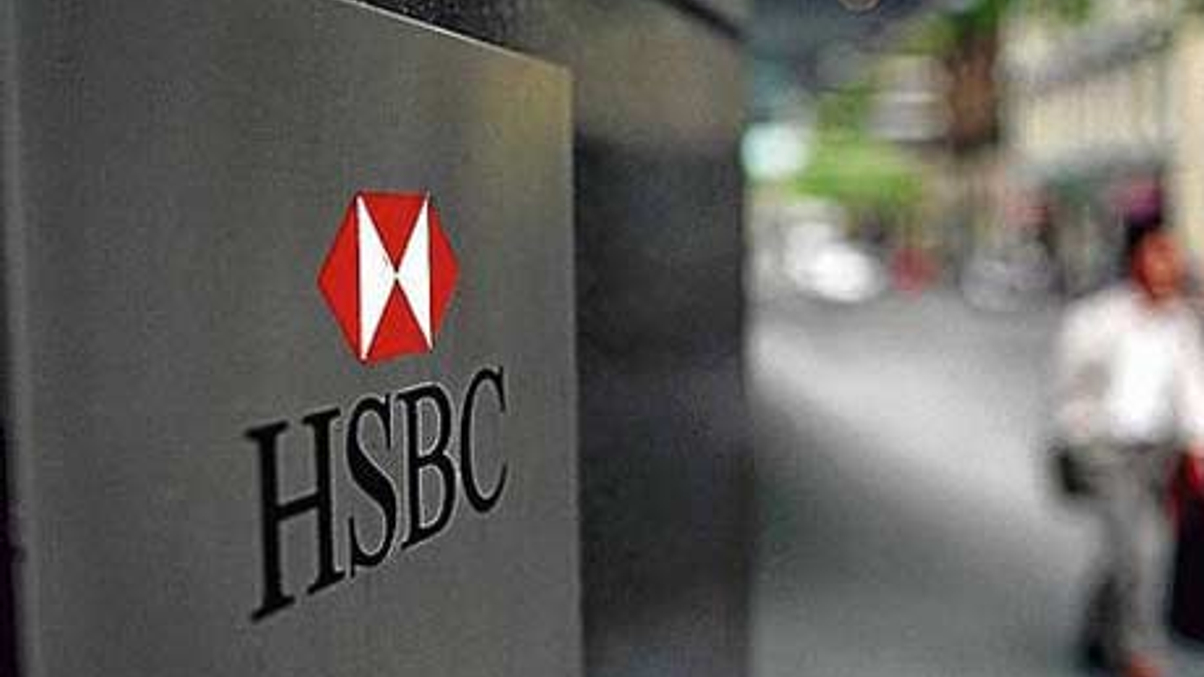How HSBC Life is navigating RBC and the trade war
William Chan, CIO of HSBC Life, told AsianInvestor his views about the looming solvency regime in Hong Kong and how the lifer guards against geopolitical risks.

HSBC Life is well-placed to weather the introduction of new risk-based capital (RBC) rules in the coming two years, but the insurer may have to further diversify its portfolio into more alternative assets to weather the adverse effects of the ongoing US-China trade war, said Hong Kong chief investment officer William Chan.
Sign in to read on!
Registered users get 2 free articles in 30 days.
Subscribers have full unlimited access to AsianInvestor
Not signed up? New users get 2 free articles per month, plus a 7-day unlimited free trial.
¬ Haymarket Media Limited. All rights reserved.


